Over the two years Muffie Meyer worked on the documentary Grey Gardens, she had no clue that it would go on to be such a cultural icon. The 1975 film, which followed aristocratic Big Edie and Little Edie Beale, living together in near-poverty in posh East Hampton, New York, has been selected for the National Film Registry and has been named to lists of best documentaries. A Broadway musical and a feature film have been based on the original documentary.
But Meyer, speaking at a NextTribe virtual event earlier this month, thinks it could possibly have been even better. As one of the editors of the film (also credited as a co-director), Meyer shaped the narrative, which tries to answer the question of why the never-married Little Edie Beale—Jacqueline Bouvier’s cousin and once a glamorous, sought-after debutante—ended up living almost as a recluse with her mother. Right before the film’s release, the directors, Albert and David Maysles, decided to cut a scene that Meyer and her co-editor desperately wanted to leave in.
“I’ve often wondered who was right,” she told us. “Sometimes I think [David] was right. And sometimes I think we were.”
The Making Of…
After earning an MFA from New York University film school, Meyer got her start in the business as an assistant editor on the Oscar-winning documentary Woodstock. She then started working for the Maysles, going through 160 hours of film they’d shot of the Beales over six weeks. “As an editor, you take the stuff of life but you have to create a fictional structure of beginning, middle, climax, and end,” said Meyers, who has gone on to become an acclaimed filmmaker with 30 major documentaries and series to her credit, plus a few Emmys as well. “The problem with the Beales was that every day was like every other day,” she said. “They sang, they fought, they resolved their fight. Then they sang some more and maybe Little Edie would dance.”
Meyer and her co-editor found a solution. Instead of the narrative focusing on change happening to the Beales, which a feature film might do, “we had to change how the audience felt about them,” she said. The structure allows the viewer to initially think it’s Little Edie’s fault that she didn’t marry one of her many suitors. “You think, `She can’t hack it; she’s flighty and has all kinds of issues,'” Meyer said. “Then you start to realize that it’s the mother, she is constantly needing her. In the end, you come to realize that a dependency relationship takes two people.”
The only disagreement on the film was over a scene toward the end that showed Little Edie hanging out the second story window ranting against Richard Nixon. “Ellen and I really wanted it in because it showed that she was really engaged in the world,” she recalled, noting that only once does the film show Little Edie leaving her house–to go to the beach was about 20 steps away. “David really didn’t want it in the film because he thought it would date the film. It was their money, and they won.”
Read More: The Shocking Hodel Family Secrets Behind the Infamous “Black Dahlia” Murder
The Legend Grows
When the film was released, Meyer acknowledges that though a lot of people loved it, there were plenty of haters. “They thought the film exploited them,” she said. “They thought [the women] were crazy and had no right to sign their own release.” It wasn’t until it was embraced by the gay community, she thinks, that the film really became the classic it is today.
Meyer became friends with Little Edie, visiting her when she was out in East Hampton or having her over for dinner. Little Edie even sang some love songs at Meyer’s wedding.
With the success of the documentary, maybe “brand extension” was inevitable. The Maysles released a follow-up in 2006 called The Beales of Grey Gardens, the same year a musical hit Broadway. Three years later an HBO movie came out with Jessica Lange and Drew Barrymore portraying Edith and Big Edie, respectively. In 2018, the world got yet another documentary featuring the Beales, That Summer, which included footage shot of them with Lee Radziwell, Little Edie’s cousin, before the making of Grey Gardens.
Recently, Meyer was asked to write about Little Edie for a new book, One Last Lunch: A Final Meal with Those Who Meant So Much to Us. The brainchild of Erica Heller, the book features imagined lunch conversation between various writers and famous personalities. Heller writes two essays about meals she might have had with her celebrated father, author Joseph Heller. (Heller was also part of our virtual event earlier this month.)
An Imagined Encounter
Meyer’s “lunch” with Little Edie Beale, who died in 2002, takes place in a deli in Montreal, near where she used to live. Little Edie talks about her love of liver pate, her one-time desire to marry Al Gore (?), and the nature of regret. Meyer reported that almost all of Little Edie’s side of the dialogue came from letters she’d kept from her over the years. “The thing I most wanted was to capture her voice, which is why I used her letters,” she explained.
What the two women don’t really talk about during this fictional meal is Little Edie’s romantic relationships because she never did so in real life. “Edie talked constantly about men and was constantly flirting with the Maysles,” said Meyer. “Clearly she had a complicated relationship with her father and with men, none of which she talked about in any depth.” Meyer remembered that those who worked on the film were very curious about what had happened with all the men she was supposedly engaged to, if she’d ever had sex. “We never got an answer. Every time you’d ask her, she’d evade.”
But there’s one loose end from the film that Meyer’s essay ties up. She gets to use some of the material from that scene edited out long ago and show her as a politically minded woman. As Edie is walking out the door after “lunch,” Meyer writes that Edie says she’ll eventually go back to the “fabulous, tragic” USA. Edie’s last words are: “Thank goodness, we’ll never again have another president as bad as that dreadful crook Richard Nixon.”
Read More: Cass Elliot’s Daughter On the Crushing Fat-Shaming Her Mother Endured

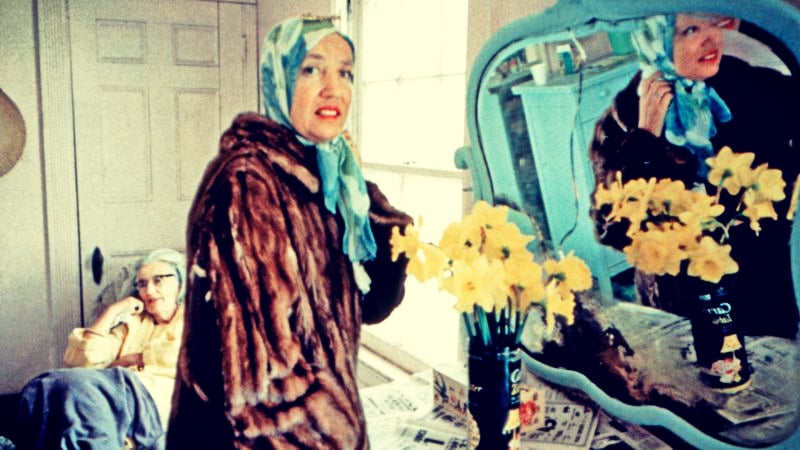
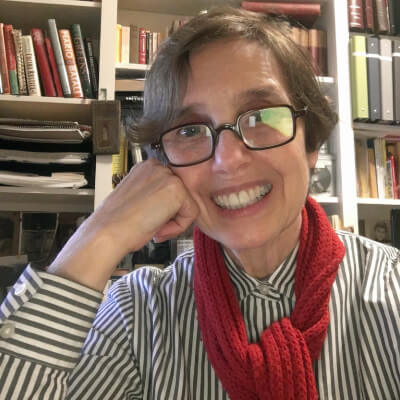
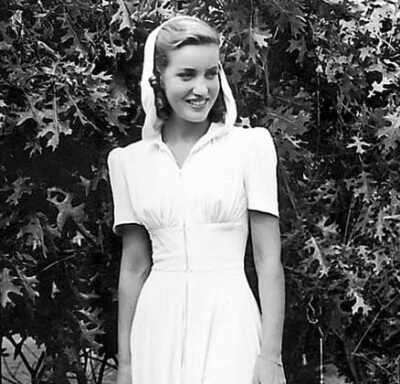
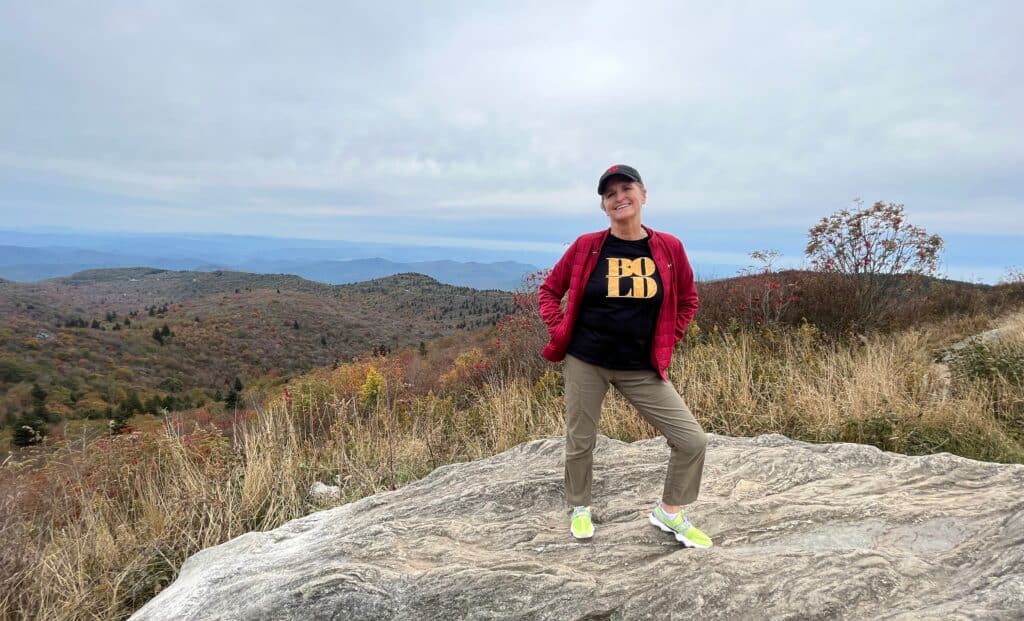













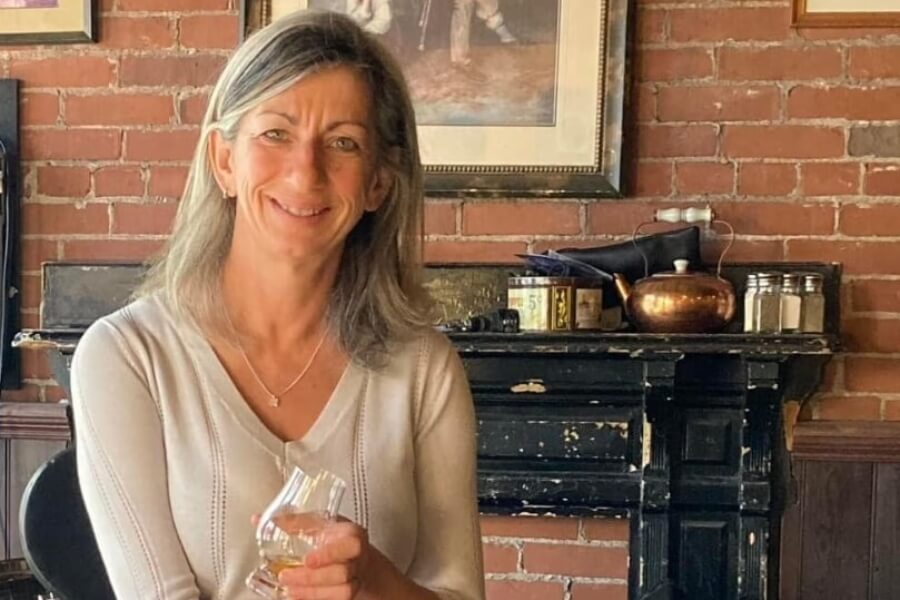



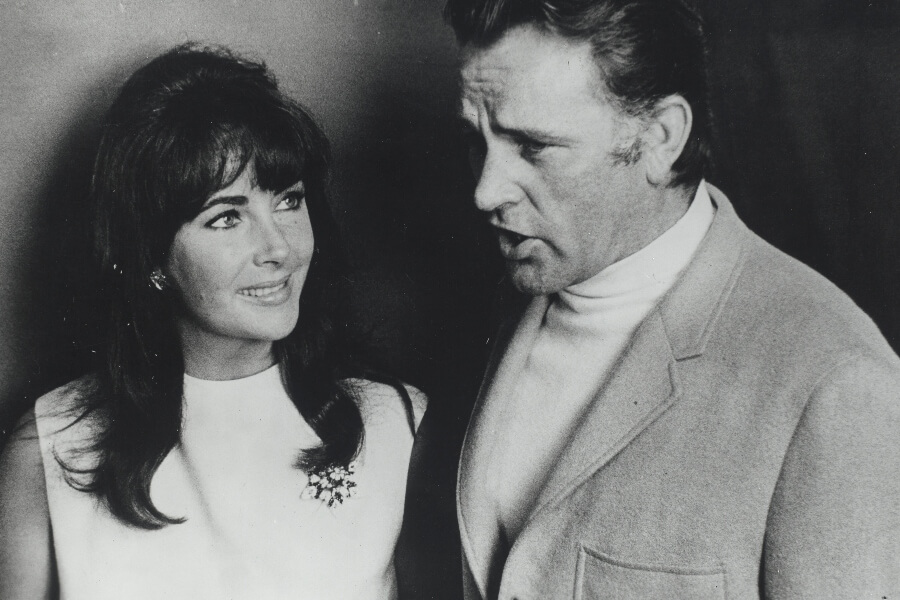
0 Comments